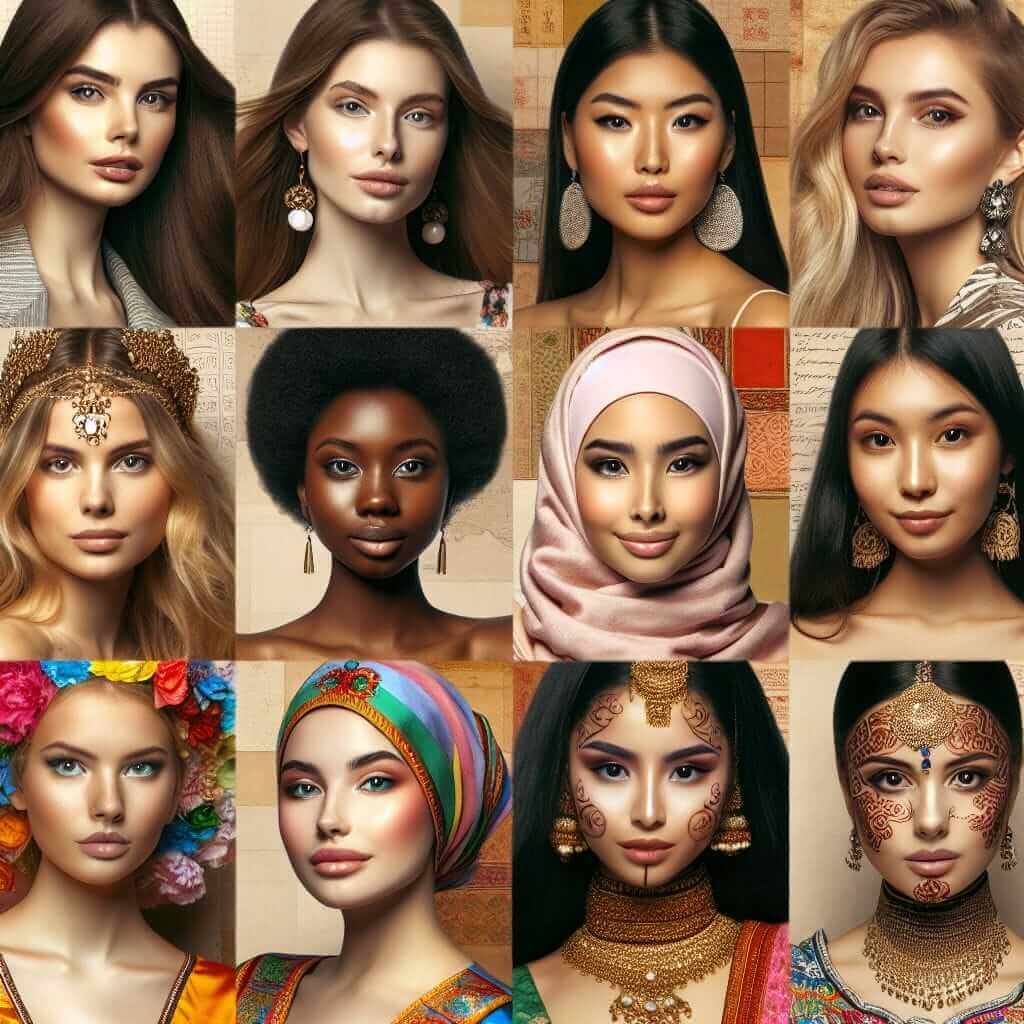As an IELTS instructor with over 20 years of experience, I often encounter students grappling with the philosophical themes that surface in the IELTS Reading section. One such theme is the question, “Can human beauty be defined?”. This question, while seemingly straightforward, can pose challenges in the context of an IELTS Reading exam. This article aims to equip you with the knowledge and strategies to confidently tackle this theme should it arise in your IELTS Reading test.
Understanding the Theme: Beauty and its Subjectivity
The IELTS Reading section often features passages exploring complex ideas, and the concept of beauty is no exception. It’s crucial to understand that the IELTS exam doesn’t seek a singular “right” answer to whether beauty can be defined. Instead, it assesses your ability to comprehend, analyze, and synthesize information presented in a passage.
When encountering a passage on this theme, anticipate discussions on:
- Cultural variations in beauty standards: What is considered beautiful in one culture might not hold true in another. Passages may cite examples or research highlighting these differences.
- Historical evolution of beauty ideals: Beauty standards are not static; they change across time periods. A passage might delve into how these ideals have transformed throughout history.
- The influence of media and societal pressures: Modern media plays a significant role in shaping our perceptions of beauty. Passages may explore this influence and its implications.
- The subjective nature of beauty: This is a crucial aspect. What one person finds beautiful, another might not. Passages often present arguments from different perspectives on this subjectivity.
Navigating IELTS Reading Passages on Beauty
Here’s how you can effectively approach IELTS Reading passages related to the definition of beauty:
- Active Reading is Key: Don’t just passively read the passage. Actively engage with it. Underline keywords, phrases, and sentences that directly address the definition or perception of beauty.
- Identify Different Perspectives: Often, passages will present multiple viewpoints on the topic. Pay close attention to language that signals differing opinions (e.g., “However,” “On the other hand,” “Conversely”).
- Focus on Evidence and Examples: Look for evidence and examples used to support various claims. This could include research findings, anecdotes, or historical references.
- Don’t Over-Analyze: Remember, the IELTS Reading test assesses your reading comprehension, not your philosophical standpoint. Avoid getting bogged down in your personal opinions about beauty.

Example from an IELTS Reading Passage
Let’s consider a hypothetical example:
“For centuries, philosophers and artists have debated the definition of beauty. While some argue for universal standards based on symmetry and proportion, others posit that beauty is entirely subjective, shaped by individual experiences and cultural influences….”
In this excerpt, notice the keywords: “universal standards,” “symmetry,” “proportion,” “subjective,” “cultural influences.” These highlight the key themes often explored in passages on this topic.
Tips for Success
- Expand your vocabulary: Familiarize yourself with words related to beauty, aesthetics, perception, culture, and society. This will help you grasp the nuances of the passage.
- Practice skimming and scanning: These techniques are crucial for quickly finding specific information within the passage.
- Time management is essential: Allocate your time wisely to ensure you complete all sections of the Reading test.
Conclusion
While the question “Can human beauty be defined?” may not have a simple answer, approaching it strategically will enhance your performance on the IELTS Reading test. By understanding the multifaceted nature of the topic and practicing active reading strategies, you’ll be well-equipped to tackle any passage that explores the ever-evolving concept of beauty.